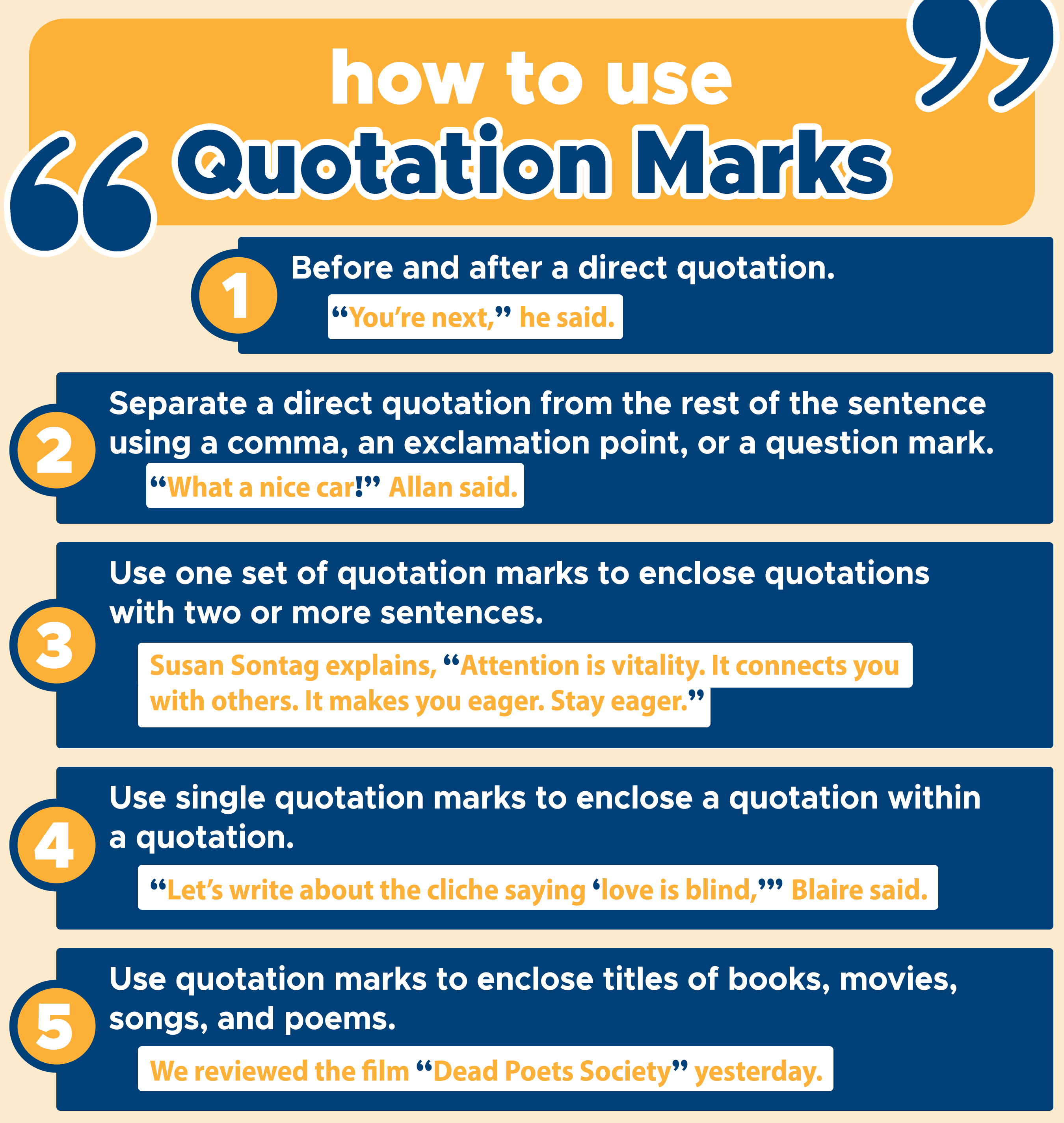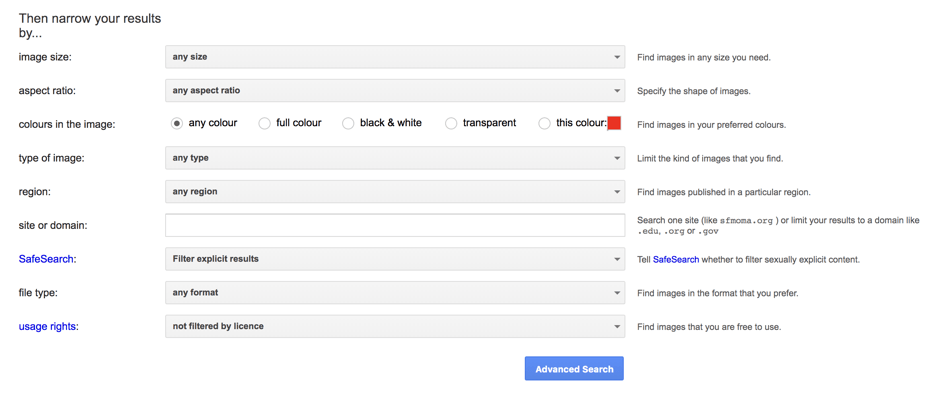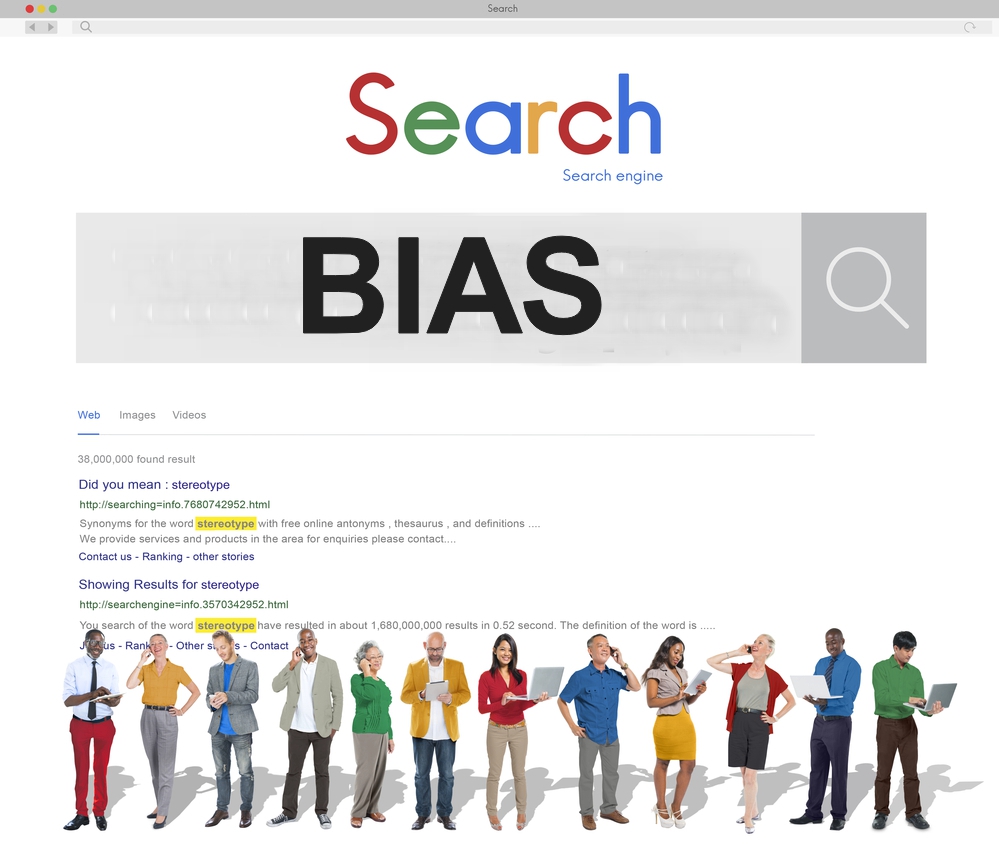The Limitations of Search Engines
Search engines are an essential part of our lives. We use them to find information on everything from the weather to the latest news. However, search engines are not perfect. They have a number of limitations that can make it difficult to find the information we need.
One of the biggest limitations of search engines is that they are only as good as the information that is indexed. If a website is not indexed, it will not appear in search results. This can be a problem for new websites or websites that are not well-known.
Another limitation of search engines is that they can be biased. This is because search engines use algorithms to rank websites, and these algorithms can be influenced by a number of factors, such as the popularity of the website, the quality of the content, and the number of backlinks. This can mean that some websites are more likely to appear in search results than others, even if they are not the most relevant.
Search engines can also be difficult to use for complex or nuanced queries. This is because search engines are designed to return a list of results that match the user's keywords. However, if the user is not sure what they are looking for, or if they are looking for information that is not well-defined, it can be difficult to find the right results.
Finally, search engines can be slow to update. This is because they need to crawl the web regularly to index new content. However, this means that there can be a delay between when a website is updated and when it appears in search results.
In addition to these limitations, search engines also have a number of other problems, including:
- Spam: Search engines are constantly being bombarded with spam. This can make it difficult to find legitimate results.
- Censorship: In some countries, search engines are censored. This means that they are not allowed to return results for certain keywords or websites.
- Privacy: Search engines collect a lot of data about their users. This data can be used to track users' browsing habits and to target them with advertising.
- Security: Search engines can be vulnerable to security attacks. This means that your personal information could be stolen if you use a search engine that is not secure.
Despite these limitations, search engines are still a valuable tool for finding information. However, it is important to be aware of their limitations and to use them wisely.
Here are some tips for using search engines more effectively:
- Use specific keywords. The more specific your keywords, the more likely you are to find relevant results.

- Use quotation marks around phrases. This will help search engines to find results that match the exact phrase.

- Use Boolean operators. These operators can help you to narrow down your search results. For example, the operator "AND" will return results that match both of your keywords.

- Use advanced search features. Most search engines offer advanced search features that can help you to find more specific results.

- Use multiple search engines. Different search engines have different strengths and weaknesses. By using multiple search engines, you can increase your chances of finding the information you need.

- Be aware of the biases of search engines. When you are searching for information, be aware of the biases of the search engine you are using. This will help you to understand why certain results are being returned and to identify any potential biases in the results.

- Use specialized search engines. There are a number of specialized search engines that are designed to find specific types of information. For example, there are search engines for academic papers, for images, and for news.

- Use social media. Social media can be a great way to find information that is not indexed by search engines. For example, you can use Twitter to find recent news stories or to follow experts in your field.

- Be patient. It may take some time to find the information you are looking for. Don't give up if you don't find it right away.

By following these tips, you can use search engines more effectively to find the information you need.
In addition to the tips above, here are some other ways to overcome the limitations of search engines:
- Use a variety of sources. Don't rely on search engines as your only source of information. Look for information from other sources, such as books, articles, and websites.
- Use your judgment. Not all information on the web is reliable. Be sure to use your judgment when evaluating the information you find.
- Be aware of your biases. We all have biases, and these biases can influence the way we search for information.
How AI Chatboxes Could Replace Search Engines
In the future, AI chatboxes could replace search engines as the primary way to find information. Chatboxes would be able to understand our natural language queries and would be able to provide us with more personalized and relevant results.
Chatboxes would be able to overcome many of the limitations of search engines. For example, chatboxes would not be limited by the information that is indexed on the web. They would be able to access and process information from a variety of sources, including social media, news articles, and books.
Chatboxes would also be able to understand the context of our queries. For example, if we asked a chatbox "What is the capital of France?", the chatbox would know that we are asking about the current capital of France, not the capital of France in 1789.
Chatboxes would also be able to learn from our interactions with them. The more we use a chatbox, the better it would become at understanding our needs and providing us with the information we are looking for.
Of course, there are some challenges that would need to be overcome before chatboxes could replace search engines. For example, chatboxes would need to be able to understand a wide variety of natural language queries. They would also need to be able to process information from a variety of sources quickly and efficiently.
However, the potential benefits of chatboxes are significant. Chatboxes could make it easier for us to find the information we need, and they could provide us with more personalized and relevant results. As AI technology continues to develop, chatboxes are likely to become more sophisticated and more widely used.
Here are some of the benefits of using AI chatboxes to find information:
- More personalized and relevant results: Chatboxes can understand our natural language queries and can provide us with results that are more relevant to our needs.
- More conversational and engaging: Chatboxes can have a more conversational and engaging experience than search engines. This can make it more enjoyable to find information.
- More accessible: Chatboxes can be accessed by people with disabilities who may have difficulty using search engines.
Here are some of the challenges that need to be overcome before AI chatboxes can replace search engines:
- Accuracy: Chatboxes need to be able to understand natural language queries accurately in order to provide relevant results.
- Speed: Chatboxes need to be able to process information quickly in order to provide results in a timely manner.
- Robustness: Chatboxes need to be able to handle a wide variety of queries in order to be useful.
Despite these challenges, AI chatboxes have the potential to revolutionize the way we find information. As AI technology continues to develop, chatboxes are likely to become more sophisticated and more widely used.
































